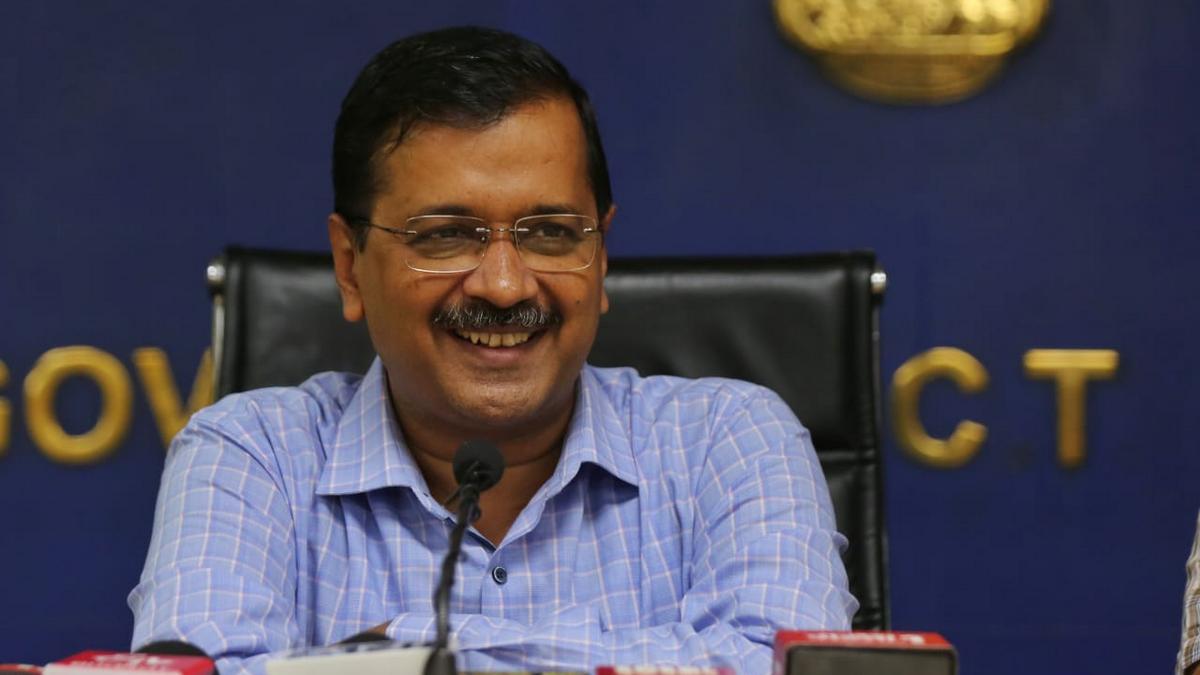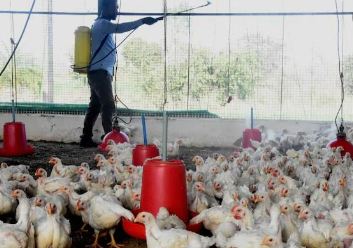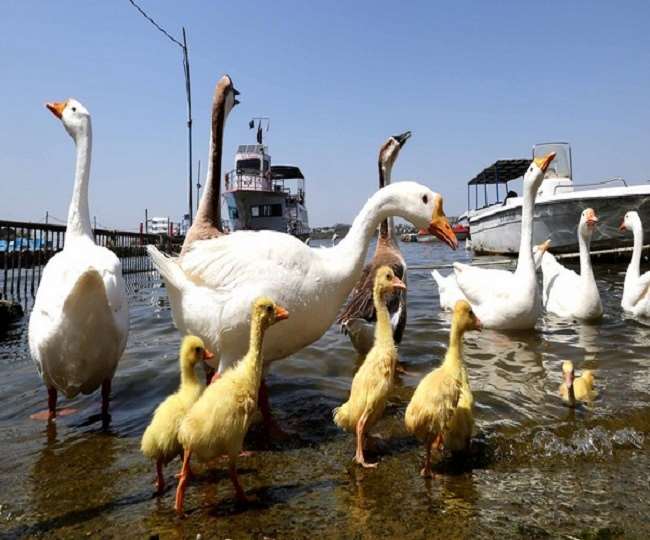Health
Avian Influenza: What is bird flu? Can humans get infected? What is the treatment? All you need to know
Bird flu, often known as avian influenza, is a viral infection that may infect not just birds but also people and other animals.

Bird flu, often known as avian influenza, is a viral infection that may infect not just birds but also people and other animals. It infects birds such as chickens, other poultry, and wild birds such as ducks. Normally, bird flu viruses only infect other birds. It is uncommon for humans to become infected with avian flu viruses, but it can happen.
During outbreaks in Asia, Africa, the Pacific, the Middle East, and sections of Europe, two strains, H5N1 and H7N9, affected some people. There have also been a few rare reports of different strains of avian flu impacting people in the United States.
Can humans get infected with bird flu?
Yes, humans can also get infected with bird flu. Here are the reasons how bird flu is transmitted in humans. This includes:
- Having close contact with infected birds.
- Surfaces that have been contaminated by the birds’ saliva, mucous, or droppings.
- Killing or preparing infected poultry for cooking.
Symptoms of bird flu
The following are the major symptoms of avian flu, which can develop extremely quickly:
a fever or a sense of being overheated, or shivery aching muscles, headache, a cough, or breathlessness.
Other early signs may include:
Diarrhea, sickness, stomach ache, chest pain, bleeding from the nose and gums, conjunctivitis.
Treatment for bird flu
If you are infected with bird flu then you will be recommended to stay at home or be treated at a hospital in isolation from other patients.
Antiviral medications such as oseltamivir (Tamiflu) or zanamivir may be prescribed to you (Relenza).
Antiviral medications assist to reduce the severity of the disease, avoid complications, and increase survival chances.
They are also occasionally given to persons who have had close contact with infected birds or humans, such as family members or healthcare workers.
Things you can do to prevent bird flu
Hands should be washed often with warm water and soap, especially before and after handling raw poultry.
Use separate utensils for cooked and raw meat; ensure that meat is cooked until boiling hot; and prevent contact with live birds and poultry.
Health
India registers 313 new Covid cases, active cases reach 2,041, 3 deaths recorded in last 24 hours
The currently available data suggests that the JN.1 variant is neither leading to an exponential rise in the new cases nor a rise in the hospitalization and mortality.
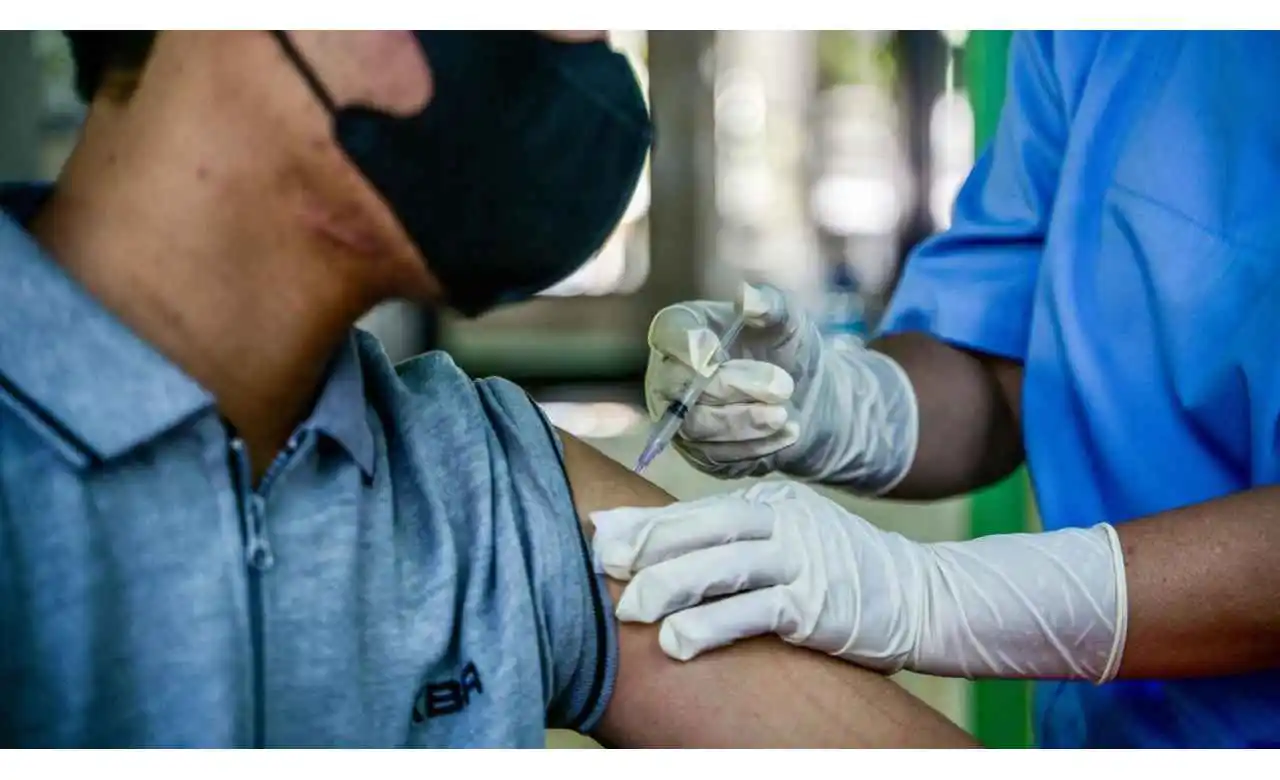
India saw a single-day rise of 313 new Covid cases, while the active caseload has declined to 2,041, the health ministry said on Saturday. Three deaths: two from Karnataka and one from Maharashtra were reported in the last 24 hours.
According to the ministry website, the number of active cases in the country stood at 2,331 on Friday. The number of cases of Covid had dropped to double digits till December 5, but it began to start increasing after the emergence of a new variant and cold weather conditions.
According to reports after December 5, the highest single day rise of 841new cases was reported on December 31, 2023, which is 0.2% of the peak cases reported in May 2021. Of the total active cases, a large majority of these (around 92%) are recovering under home isolation.
The currently available data suggests that the JN.1 variant is neither leading to an exponential rise in the new cases nor a rise in the hospitalization and mortality. India has witnessed three waves of Covid in the past with its peak incidence of daily new cases and deaths being reported during the delta wave in April June 2021.
At its peak, 414,188 new cases and 3915 deaths were reported on May 7, 2021. Since the pandemic started in early 2020, there have have been 4.5 crore people who have got infected and this has resulted in the death of 5.3 lakh persons in a total time span of four years.
According to the ministry data, the total number of persons who have recuperated from the disease are 4.4 crore with total recovery rate recorded is 98.81%. A total number of 220.67 crore doses of Covid vaccines have been administered in India so far.
Health
India registers 605 new COVID-19 cases and 4 deaths in last 24 hours
The number of people who have recovered from the disease has gone up to 4,44,81,341, an increase of 648 since Sunday morning. In Kerala a 70 year-old male with chronic obstructive pulmonary disease (COPD) and 81year-old male with T2DM and HTN, and in Karnataka, a 48 year old male with CA and TB died, while one person in Tripura succumbed to COVID.
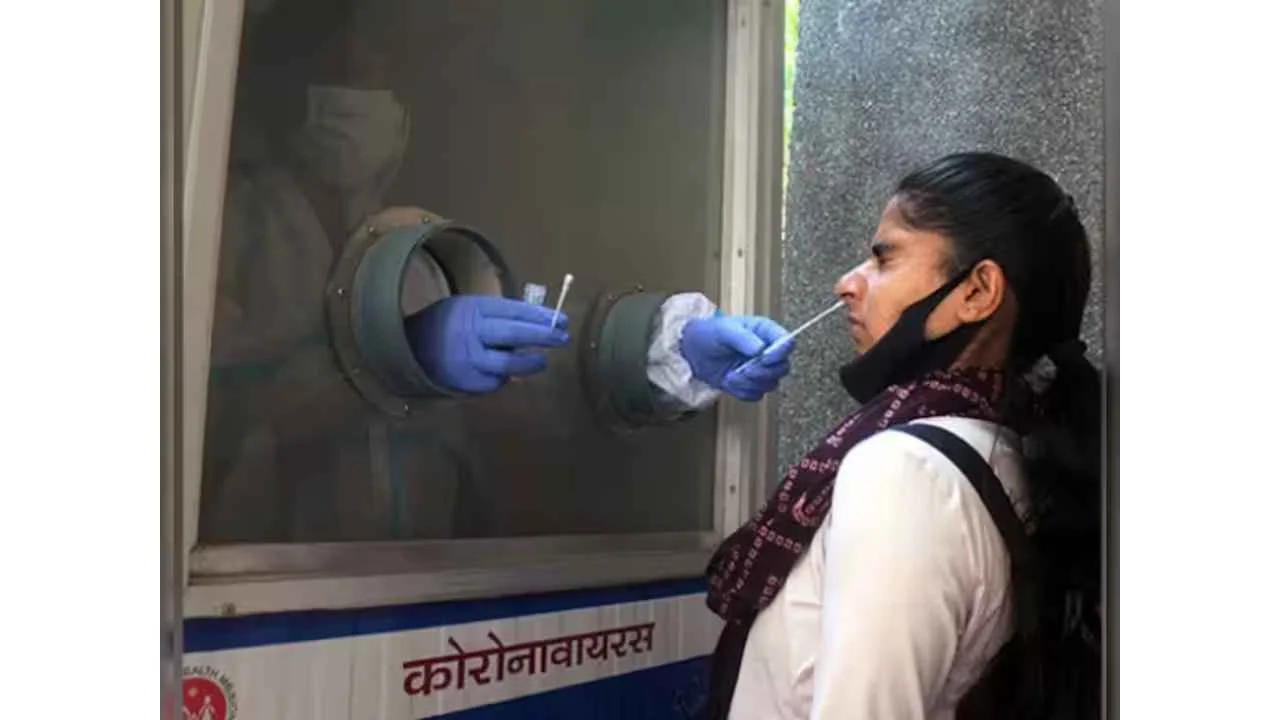
India recorded 605 fresh COVID-19 cases and four deaths in the last 24 hours. The active cases have increased to 4002, while India’s overall COVID case tally stands at over 4.5 crore (4,50,18,792). The death toll was recorded at 5,33,396 with four new deaths – two from Kerala and one each in Karnataka and Tripura – reported in the last 24 hours, the data updated at 8am stated.
The number of people who have recovered from the disease has gone up to 4,44,81,341, an increase of 648 since Sunday morning. In Kerala a 70 year-old male with chronic obstructive pulmonary disease (COPD) and 81year-old male with T2DM and HTN, and in Karnataka, a 48 year old male with CA and TB died, while one person in Tripura succumbed to COVID.
The Indian Council of Medical Research (ICMR) reported that 11,838 doses of the vaccine had been administered in the country till January 7. The data is a compilation of the Integrated Disease Surveillance Programme (National Centre for Disease Control), media bulletins and websites of various states at 8am on January 4.
As the winter season sets in, health experts are highlighting a sudden surge in viral infections, influenza, and COVID-19 cases. Dr Nikhil Modi, a senior pulmonologist at Indraprastha Apollo Hospital, pointed out that the decrease in temperature leads to increase in moisture in the air, low wind speed and also causes an increase in pollution levels. This contributes highly to various infections.
Due to the decrease in temperature the fog combines with the pollution in the air which further leads to the formation of smog. This condition of the atmosphere can cause different types of infections and difficulty in breathing. Both the state and the central government are keeping a close watch on the new Omicron Subvariant JN.1. J.N.1 is a Variant of Interest (VOI) which is under intense scientific scrutiny.
Health
India records 774 new Covid-19 cases, 2 deaths in 24 hours
The number of daily cases was in double digits till December 5 but it started to rise again amid cold weather conditions and after the emergence of new Covid-19 variant, JN.1.
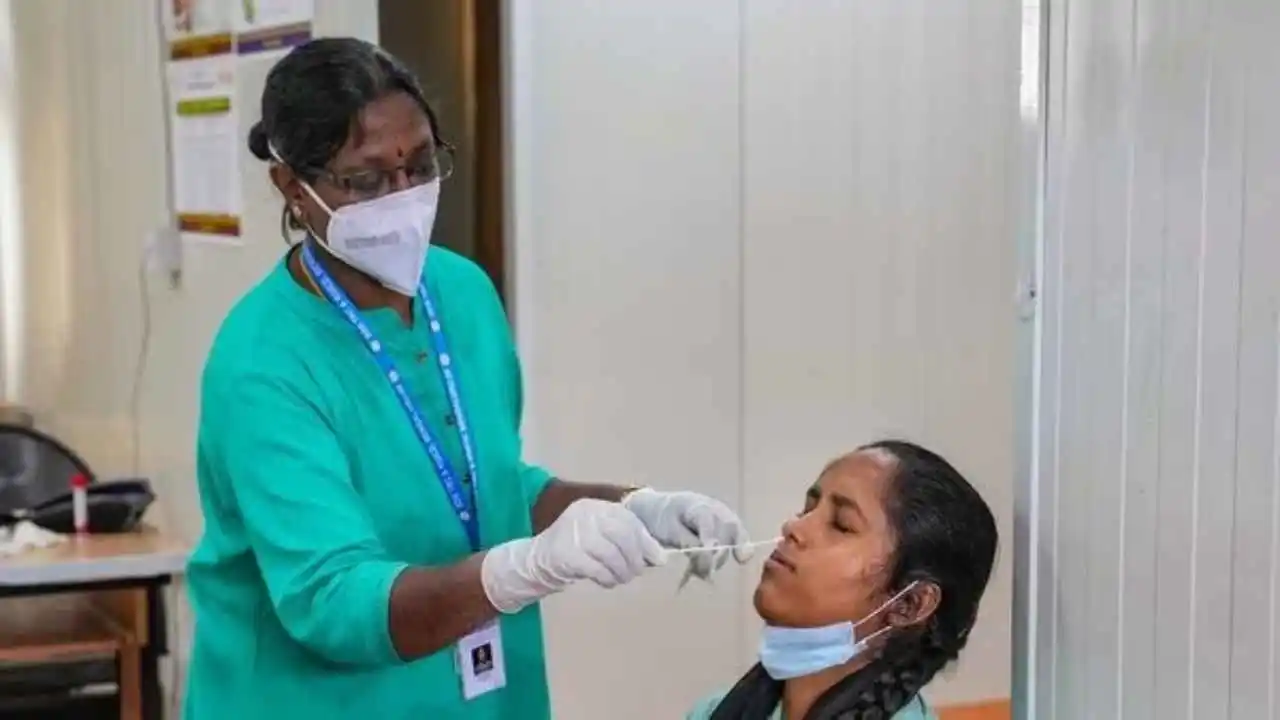
India on Saturday had a single-day rise of 774 Covid cases while the number of active cases stood at 4,187, the Union health ministry said. As many as two deaths – one each from Tamil Nadu and Gujarat were reported in a span of 24 hours. Of the 4,187 active cases, the majority (over 92%) are recovering under home isolation.
The number of daily cases was in double digits till December 5 but it started to rise again amid cold weather conditions and after the emergence of new Covid-19 variant, JN.1. The central government has asked the state government and union territories to maintain a constant vigil amid an upward trend in the number of Covid-cases and the detection of the JN.1 sub variant in the country.
According to reports after December 5, the highest single-day rise of 841 cases was reported on December 31, 2023, which was 0.2% of the peak cases reported in May 2021. A health official said that the JN.1 variant is neither leading to an exponential rise in new cases nor a surge in hospitalisation and mortality in the country.
The Karnataka government has made the Covid test mandatory for those with Influenza like illness (ILI) or Severe Acute Respiratory Illness (SARI). Karnataka Health Minister Dinesh Gundu Rao said more than 7000 tests are being done every day and the COVID positivity rate is 3.82%. The positivity rate in the state has not come down yet.
He said those with symptoms are being monitored and tested. Those who are in isolation at home have been told to take extra care. He added it is expected that the trend of decreasing Covid cases may start next week in Karnataka. India has witnessed three waves of Covid-19 in the past with the peak incidence of daily cases and deaths being reported during the Delta wave during April-June 2021. At its peak 4,14,188 cases and 3915 deaths were reported on May 7, 2021.
-

 Cricket news10 hours ago
Cricket news10 hours agoIPL 2024: Jonny Bairstow, Rilee Rossouw guide Punjab Kings to 7-wicket victory over Chennai Super Kings
-

 2024 Lok Sabha Elections8 hours ago
2024 Lok Sabha Elections8 hours agoPM Modi takes a dig at Rahul Gandhi, says Pakistan wants him as Prime Minister
-

 2024 Lok Sabha Elections4 hours ago
2024 Lok Sabha Elections4 hours agoRahul Gandhi criticises BJP, PM Modi for JD(S) alliance, seeking votes for a mass rapist
-

 India News7 hours ago
India News7 hours agoSIT issues lookout notice for Prajwal Revanna in sex video case
-

 2024 Lok Sabha Elections3 hours ago
2024 Lok Sabha Elections3 hours agoBrij Bhushan Sharan Singh’s son Karan gets BJP Lok Sabha ticket from Kaiserganj
-

 Entertainment2 hours ago
Entertainment2 hours agoPanchayat Season 3 to premiere on Amazon Prime video on May 28, 2024
-

 Cricket news9 hours ago
Cricket news9 hours agoBollywood star Amitabh Bachchan motivates Indian cricket team for ICC Men’s T20 World Cup 2024, video goes viral

